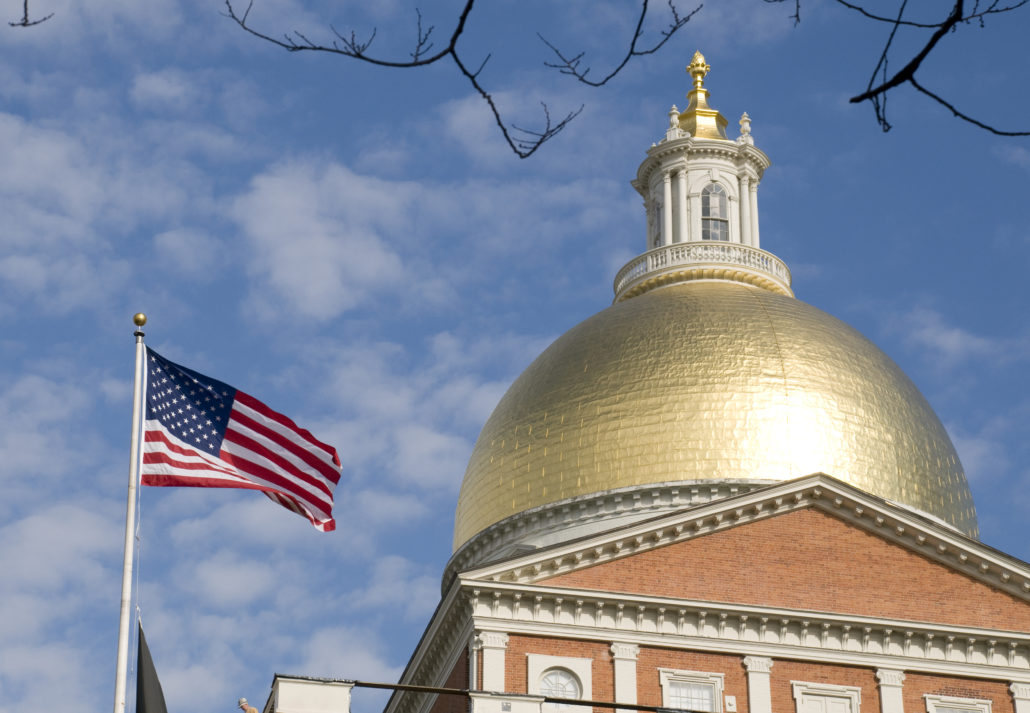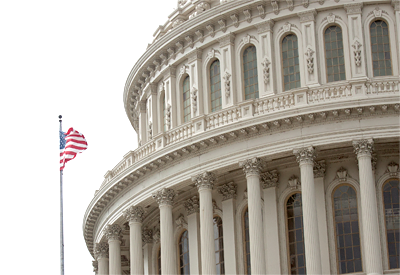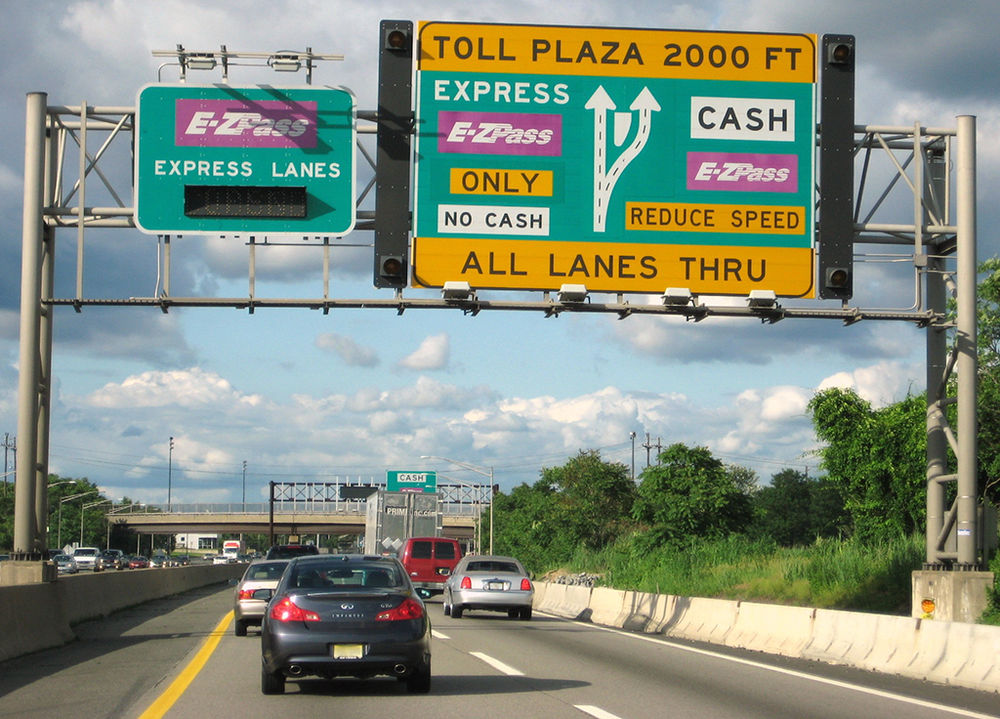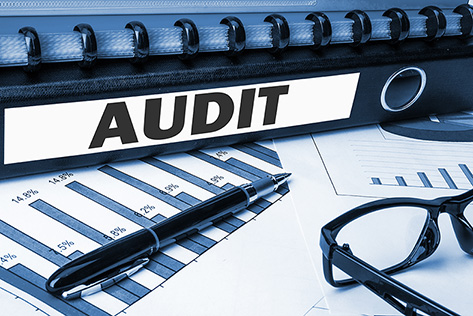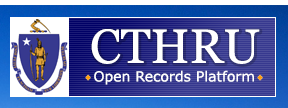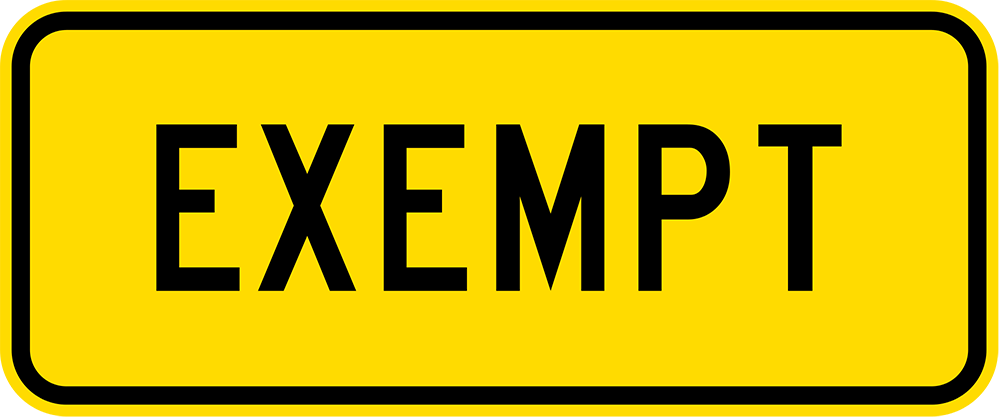Our Government Transparency Resolutions for 2017
Although transparency was the expression of choice on Beacon Hill in 2016, the year fell short of what could have been a transformative period of government openness.
Long overdue public records law reform was the most dramatic action taken by the Legislature in this vein, but compromise ultimately weakened what otherwise could have been very toothy legislation to advance the public’s interest. Nevertheless, progress was made. Pioneer Institute has long supported many elements of the enacted legislation, including subjecting the MBTA Retirement Board to public records law, making its operations transparent, establishing a public records officer for every agency, promoting electronic records in response to requests, imposing stronger penalties on delinquent agencies, promoting electronic disclosure, and reducing costs to obtain public records.
Historically, Massachusetts has ranked at or near rock bottom nationally in terms of open government. We look forward to reviewing the next rankings from the Center for Public Integrity and the Reporters Committee for the Freedom of the Press to see if the new law improves our state’s position relative to the rest of the country. However, there is still much work to be done.
As we do each January, Pioneer shares the resolutions it hopes state leaders will adopt to bring government actions into better focus and invigorate our democracy with heightened public engagement.
|
|
| To learn more about our online transparency tools, visit MBTAAnalysis, MassOpenBooks, MassAnalysis, and MassReportCards. Be on the lookout for our next transparency tool to be released – MassPensions.
Contact Mary Connaughton, Pioneer’s Director of Government Transparency, with any questions: mary@pioneerinstitute.org. |
| Pioneer Institute is an independent, non-partisan, privately funded research organization that seeks to improve the quality of life in Massachusetts through civic discourse and intellectually rigorous, data-driven public policy solutions based on free market principles, individual liberty and responsibility, and the ideal of effective, limited and accountable government. |


